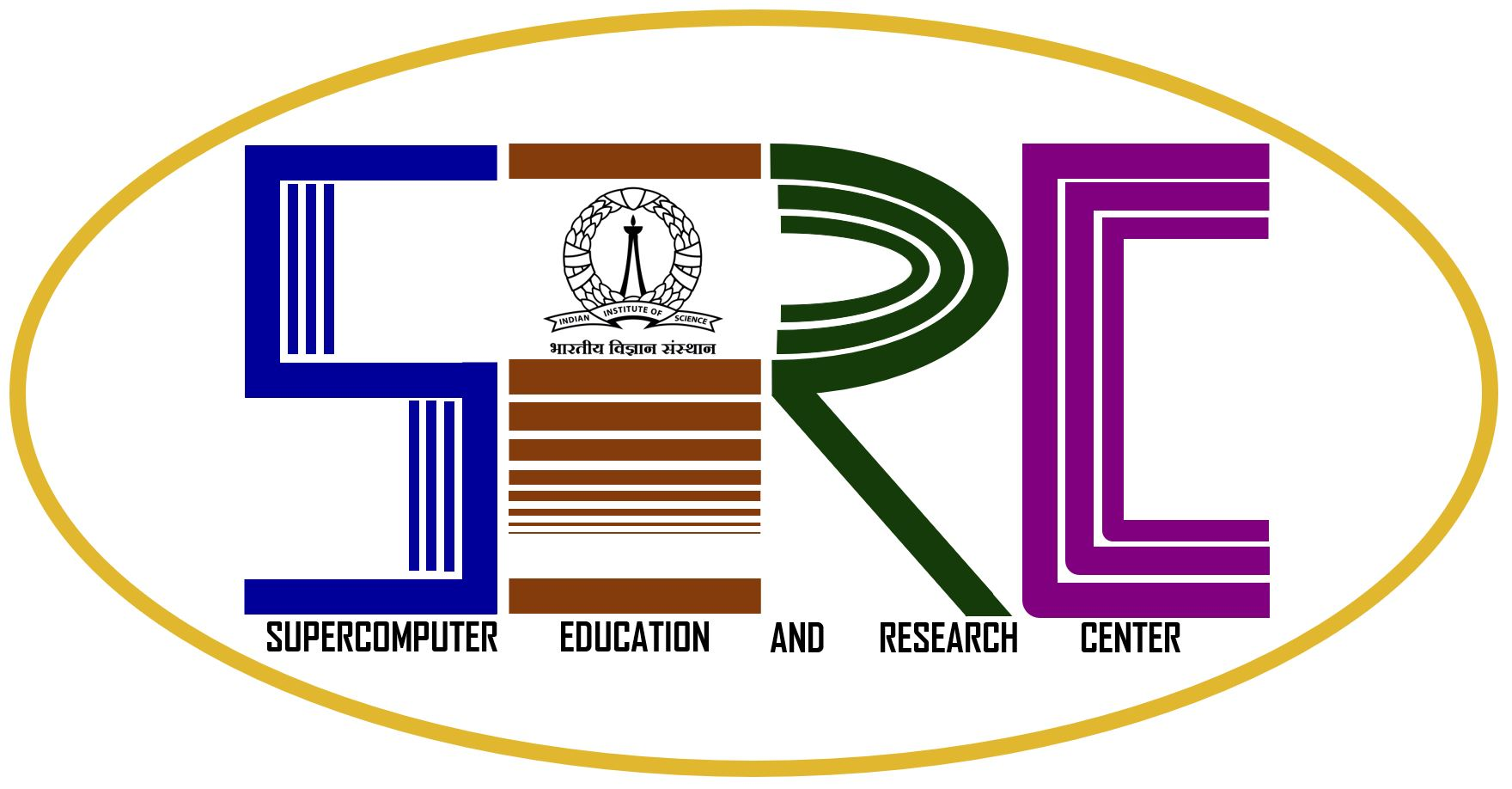Traditional bin packing methods for resource scheduling provide an optimal resource allocation solution for a data centre. A variety of techniques such as threshold-based rules, time series analysis, or control theory are utilized to solve the problem. The vector bin packing method takes a static view of resource provisioning. So mostly is useful in solving the ab-initio situation for provisioning in clouds. However, when we look from the cloud data centre perspective, with varying applications, workload demands and heterogeneous resources, addressing resource provisioning by factoring these dynamic variations is a limitation for methods like vector-bin packing because of their high computational requirements for solving. The inherent dynamicity of cloud-hosted applications requires autonomic and adaptable systems that learn from the environment in real-time which the above methods fail to do so. Reinforcement Learning (RL) is a paradigm that requires some agents to monitor the surroundings and regularly perform an action based on the observed states. RL has a weakness to handle high dimensional state space problems. Deep-RL models are a recent breakthrough for modelling and learning in complex state space problems. Deep-RL models also have a limitation of scalability and few changes in the environment lead to entire model training. Also, when working with heterogeneous data centres, data sharing is a major issue which needs to be addressed. This is where federated learning helps to train the model in a distributed manner without sharing data. A side benefit is training can be orchestrated on nodes with lower compute power.

SUPERCOMPUTER EDUCATION AND RESEARCH CENTRE
WELCOME TO SERC